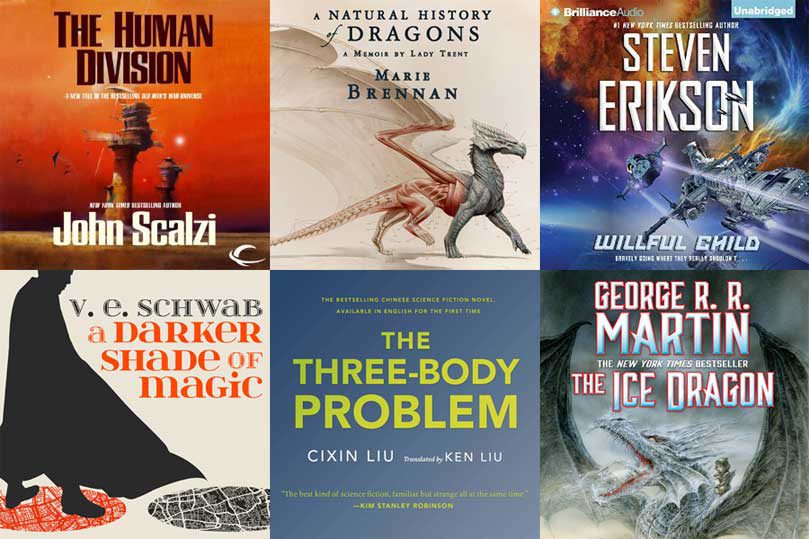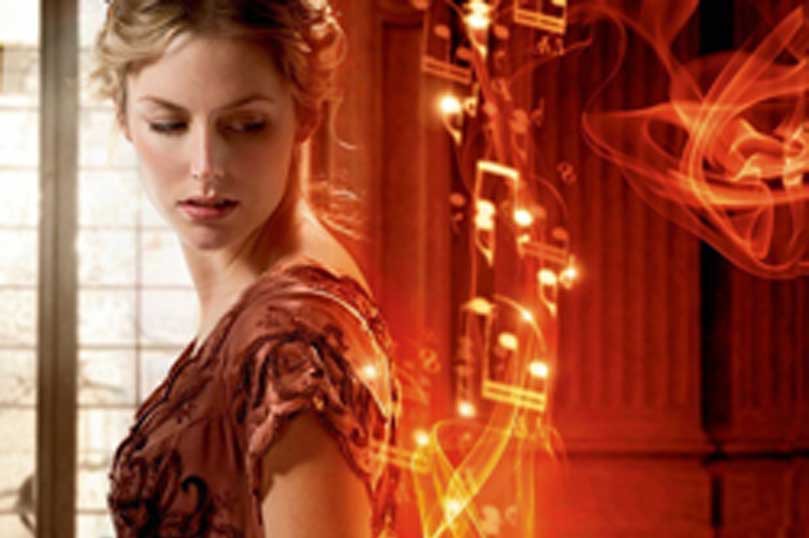
24 Audiobooks to Match Your Travel Time
Fourth of July weekend is almost here and that has us thinking about SUMMER VACATION! We’ve planned our trip and packed our bags. The car is gassed up and ready to go. But here’s the hardest part: what audiobook are we going to listen to on the drive? If we’re having this problem, we’re assuming…

